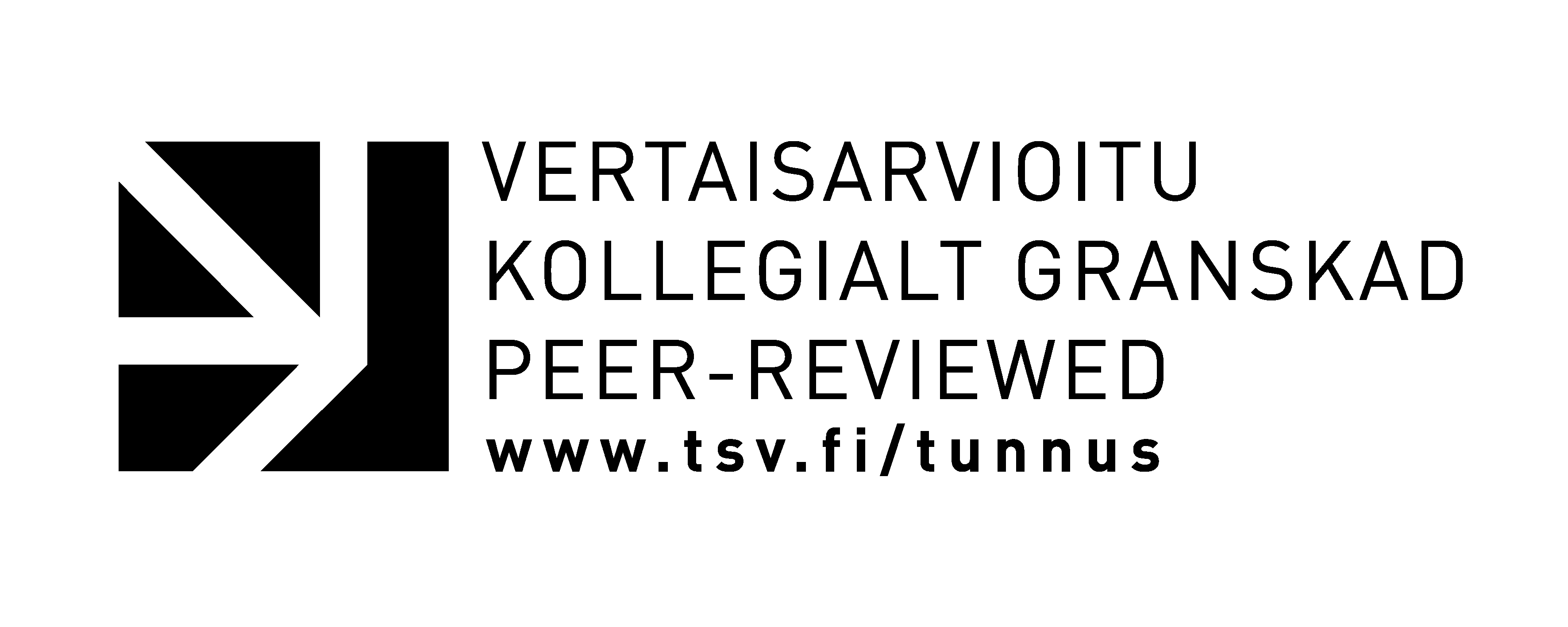Rural tourism development and economic diversification for local communities in Botswana: The case of Lekhubu Island
Abstrakti
Community-based rural tourism is has received massive support as one of the ways through which the benefits of tourism can reach the local communities. It is generally believed that by involving the local communities in tourism through community-based initiatives, their livelihoods would be uplifted, both at individual and household levels. Furthermore, these community-based initiatives are said to carry the potential to diversify rural economies and therefore contribute to the process of rural development. In the southern African region, including Botswana, community-based natural resources management (CBNRM) has emerged as a popular approach to involve rural communities in tourism development and conservation. From the initial primary concern with wildlife, development of CBNRM in Botswana has begun to include other resources such as veldt products as well as culture and heritage. However, research on CBNRM development in Botswana has generally neglected these non-wildlife initiatives. Specific circumstances that determine their success or failure have not been given adequate attention, especially during the early stages of development.
This thesis draws attention to some important factors to consider when proposing community-based rural tourism as a tool for economic diversification among local communities in Botswana. Using the case of a non-wildlife-based initiative at Lekhubu Island, this thesis investigates; the community’s levels of awareness and preparedness to participate in tourism development; the significance of power in the relationship between the state and the community in community-based tourism development process; the challenges facing this kind of community-based rural tourism development as well as implications for its use in rural development. Lekhubu Island is a rural heritage site in north central Botswana. The community of Mmatshumu village located to the south of this Island operates a culture and heritage tourism business at this Island. Activities include camping and guided walks while many others are still in the pipeline.
The study relied on a mix of qualitative methods for data collection. These included seven focus group discussions (FGDs) with members of Mmatshumu village community and seventeen long interviews with traditional and civic leaders, Trust members and employees as well as government officials who are members of the Technical Advisory Committee (TAC). Several informal interviews were also conducted with villagers whenever an opportunity arose. In addition, the study utilized a number of secondary data sources both published and unpublished including official reports, government policy documents, dissertations, books and journal articles. The findings indicate that while members of Mmatshumu community participating in the FGDs were aware of the potential benefits of community-based rural tourism, they were not aware of either the potential trade-offs they may have to make when tourism continues to grow or even the constraints that militate against future growth of their initiative. They also show that while one of the stated principles of CBNRM is to devolve power to the local communities, the actual relationship on the ground between the state and Mmatshumu community challenges this notion. In practice, ultimate decision making power remains with the government, while the little devolved to the community rests with the community trust. Members of the community participating in this study felt that they have very limited power in terms of influencing the process of community tourism taking place at Lekhubu Island. Finally, the Lekhubu tourism initiative faces several challenges; inter alia; low income generation and employment creation; lack of capacity in the community trust and the TAC as well as poor accessibility.







